In this episode on the We’re Not Stumped podcast, I’m honored to have Elysia Everett, founder and CEO of Friendly Like Me.
Friendly Like Me is an innovative app dedicated to finding and reviewing accessible places. Its mission is to enhance accessibility in public spaces and make it easier for everyone to discover accessible locations, ensuring more people can participate in various activities without hindrance.
Access to accurate accessibility information is vital for full participation in society. Unfortunately, such information is often scarce, subjective, and difficult to find. This lack of reliable data frequently prevents individuals from engaging in activities they would otherwise enjoy, including visiting size-friendly and accessible businesses across the United States. Friendly Like Me is committed to changing this, benefiting everyone.
Through collaboration with reviewers, advocates, and business owners, Friendly Like Me strives to create more welcoming and accessible places. The platform facilitates interaction between people and businesses about specific accommodations needed to attract customers who prioritize accessibility. It’s worth noting that US adults with disabilities, including many individuals of higher weights, represent the third-largest market segment in the country. According to the American Institute for Research, the discretionary income for working-age persons with disabilities is $21 billion.
Businesses can claim their listings on Friendly Like Me to inform patrons about their amenities and any limitations. Transparency is key—it’s very friendly to let people know in advance if they cannot accommodate them. Friendly Like Me’s reviews focus on the presence or absence of specific accommodations, reducing the subjectivity often found in star-based review systems.
Links:
Friendly Like Me Website: https://www.friendlylikeme.com/
#accessible #accessibleliving #accessibleeducation #accessibility #accessibilityawareness
Listen on Apple Podcasts
Watch on YouTube
Listen on Spotify
Peripheral Artery Disease (PAD) affects millions worldwide — yet most people don’t recognize the warning signs until it’s too late. In this powerful episode of We’re Not Stumped, host Mike Bolland welcomes Emmy Award-winning journalist and Global PAD Association co-founder Kym McNicholas to explain what PAD is, how it causes poor circulation, and why early detection is critical in preventing amputation. Kym shares her inspiring journey from covering a medical story to becoming one of the leading advocates for PAD awareness and patient empowerment. She sheds light on how education, proper diagnosis, and access to the right care can literally save limbs — and lives.
In Part 1 of this special episode, host Mike Bolland sits down with Emmy Award–winning journalist and Global PAD Association founder Kym McNicholas for an impromptu, post-interview discussion that turned into an insightful recording. What started as a quick chat evolved into a powerful conversation about Peripheral Artery Disease (PAD), early detection, and Kym’s mission to raise global awareness and prevent unnecessary amputations.
After a life-threatening illness led to multiple amputations, Karlene Martinez refused to give up. In this powerful episode of We’re Not Stumped, host Mike Bolland talks with Karlene about her incredible path from septic shock and paralysis to recovery, faith, and advocacy. Karlene opens up about: 💪 Her battle with sepsis, Guillain-Barre syndrome, and months of rehabilitation 🦿 Adjusting to life with prosthetics and finding the right fit ❤️ Overcoming anxiety and depression through faith and gratitude 🌟 Empower Fest, Ability360, and finding inspiration in the adaptive community 👣 The importance of peer support through groups like Encompass Health and community ambassadors Karlene’s story is one of resilience, faith, and limitless determination—a reminder that even after life-changing loss, there’s always a way forward.



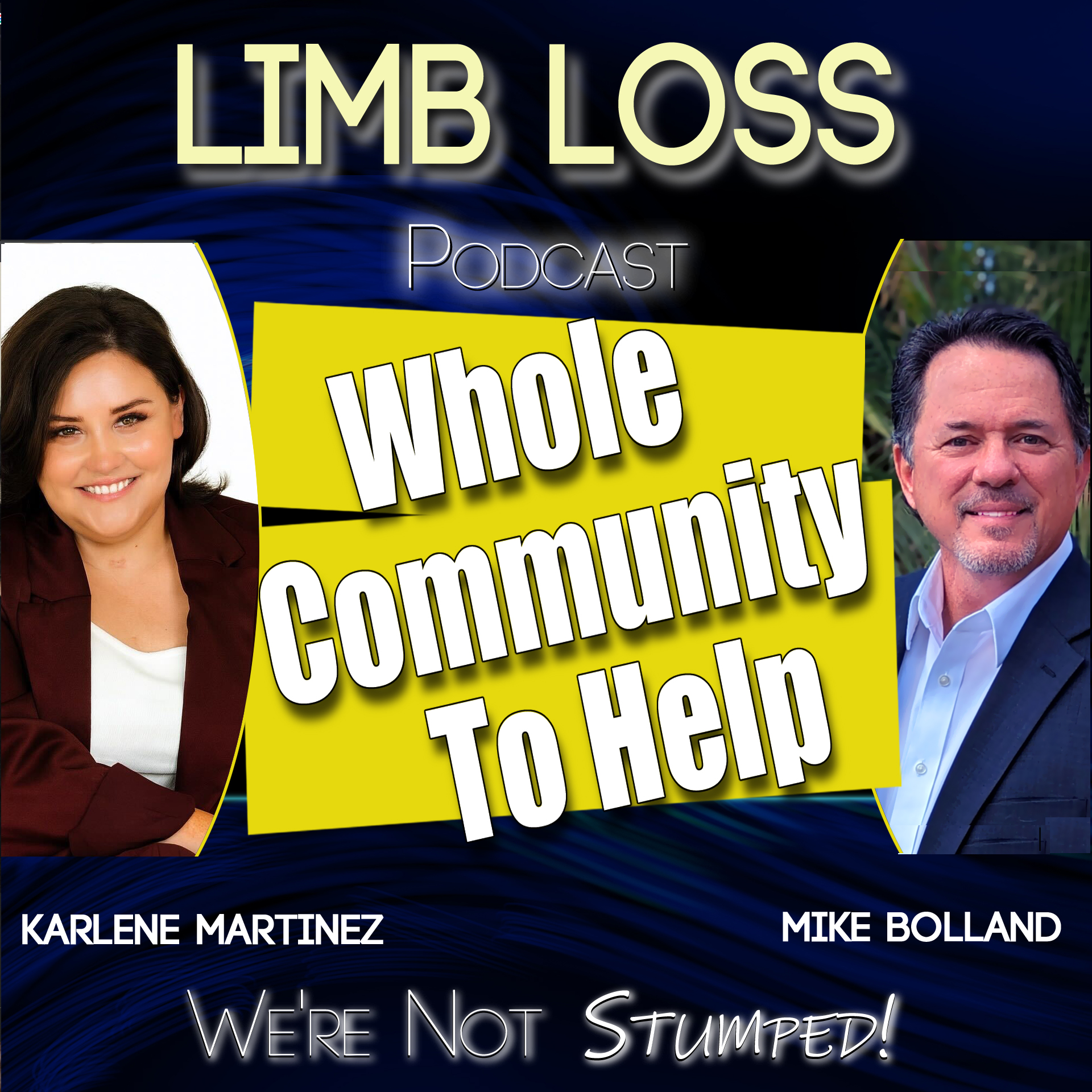
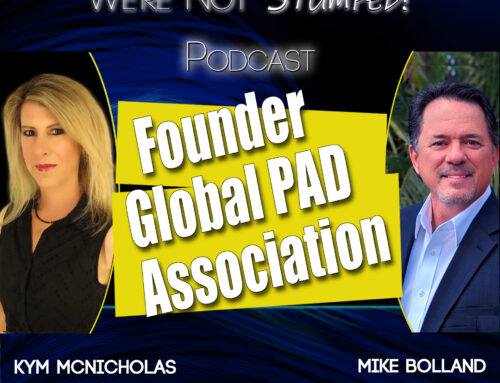
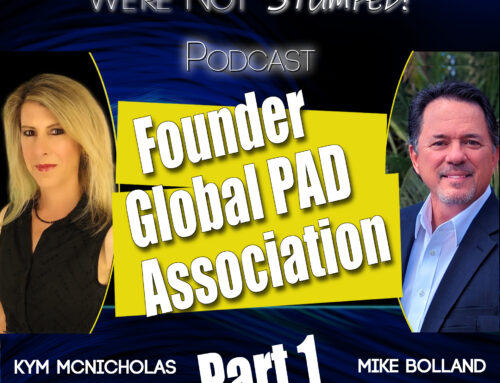

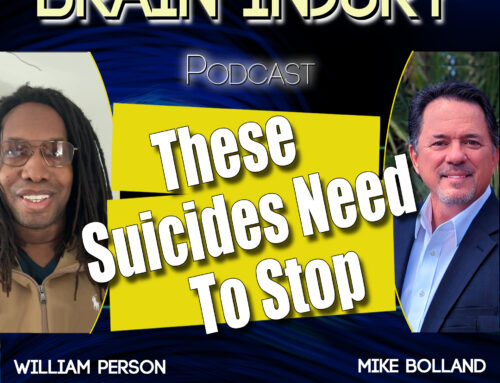
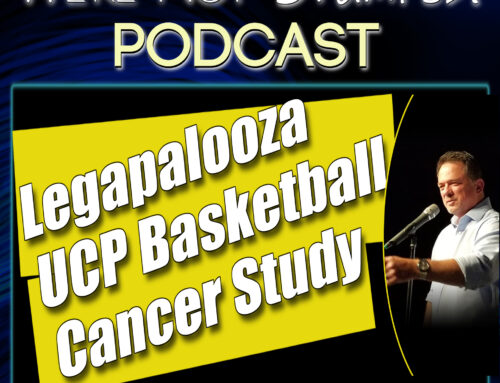
Leave A Comment